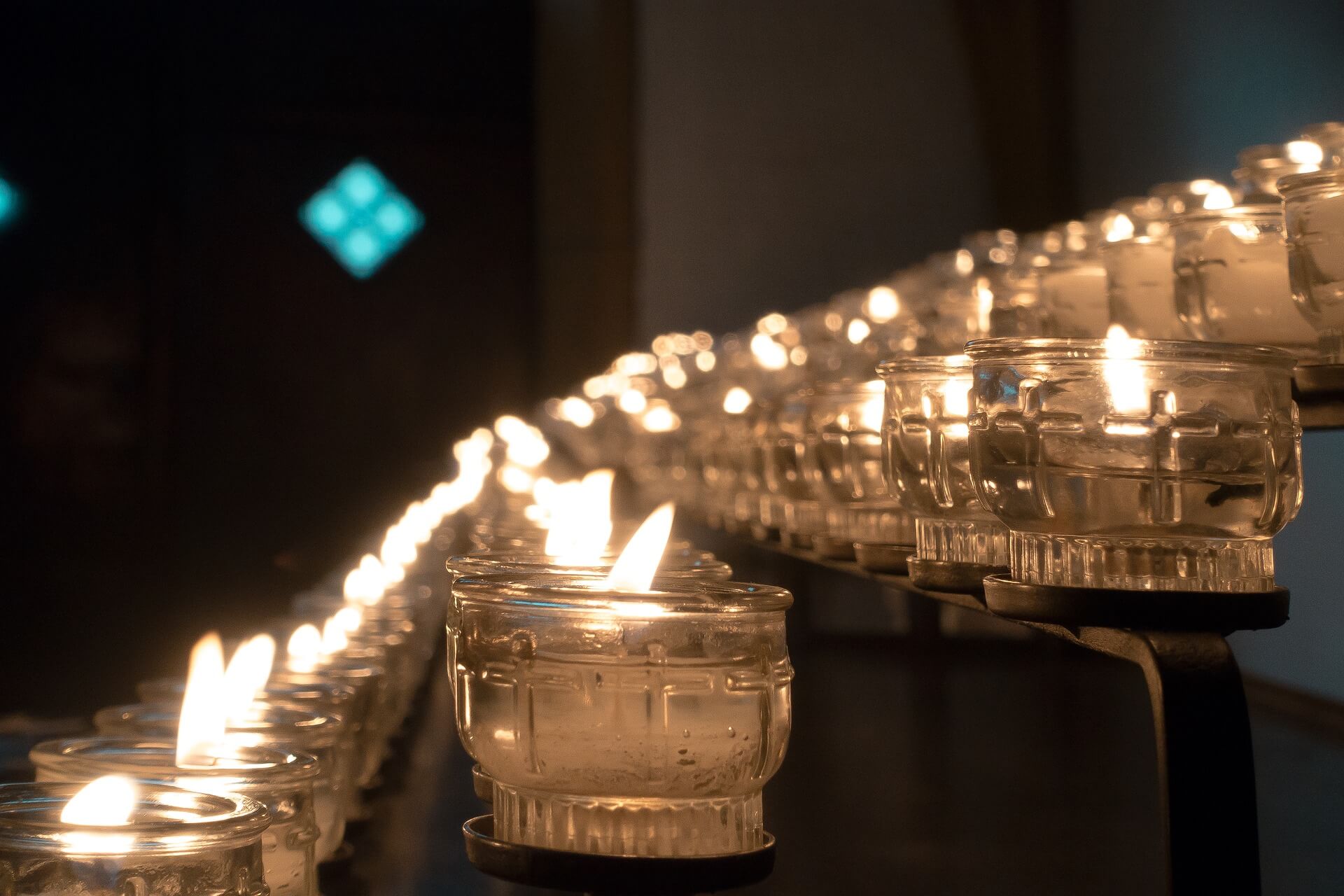Mark Zandi, chief economist at Moody’s Analytics, said that the damage caused by Hurricane Harvey and Hurricane Irma combined could be up to $200 billion. Nearly a month after Harvey devastated South Texas, many hundreds continue to live in tent cities. Then, Hurricane Maria left up to $95 billion in damage in Puerto Rico where only 5% of people have power after 15 days. The worst mass shooting in the United States, wildfires burning over 2 million acres in the Western United States, and the severe flooding in Southeast Asia that killed over 1,000 people have left the world wondering where and what donations should be sent.
Identify Your Values
The first step in deciding where to send your donations is to know your own values. Experts suggest that you pick your cause with your heart, but pick the organization with your head. While some will designate where they want their money spent, others will leave those decisions to the organization receiving their donation.
Do Your Research Before You Give
You should investigate the organization before you trust them with your money. Thankfully, several websites make that easy to do including:
The best time to investigate an organization is before a disaster strikes, as it gives you time to focus on the organizations that interest you. Besides looking at charity rating services, take a look at organizations’ websites to find out how they have spent their money in the past. If an organization is talking solely about how they want your donation without showing you how they are addressing the problem, then you may want to look elsewhere.
Money Is Best
While it may be tempting to donate material goods, most relief workers say money is best. Elise Mitchell, who was tasked with sorting clothes during a hurricane that hit St. Kitts (where temperatures seldom drop below 70 degrees Fahrenheit), tells of unwrapping a fur-lined coat with a temperature rating of -32 degrees Fahrenheit. Many organizations simply do not have time to sort clothes, leaving them to rot outside during disasters.
Stay Updated
While disasters may drop quickly from the news, keep following up on those that touch your heart the most. Repeatedly giving on a regular basis is usually the best way to help your favorite organization. Many employees can do this through their workplaces, with some employers even matching employee gifts. Just because media outlets have ceased coverage does not mean that the lasting effects as a result of a natural disaster have ended.

